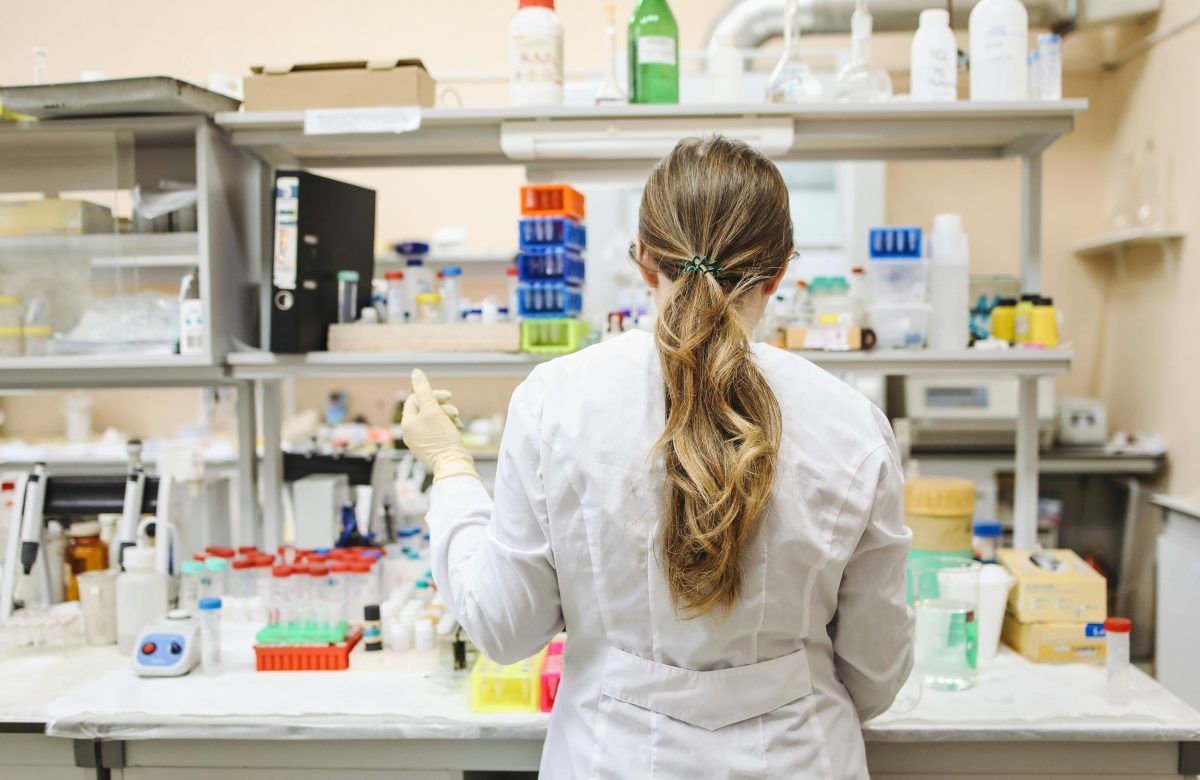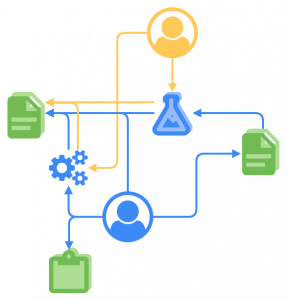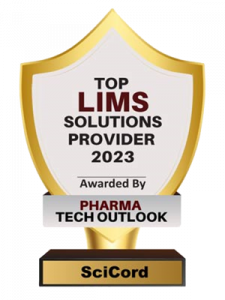Introduction
Pharmaceutical labs face the dual challenge of complying with FDA 21 CFR Part 11 regulations and the European Union’s General Data Protection Regulation (GDPR). Both sets of regulations focus on data integrity and security but have distinct requirements. This article explores how pharmaceutical labs can navigate these regulatory landscapes, ensuring compliance with both FDA and GDPR standards.
FDA 21 CFR Part 11: Key Provisions
1. Secure Access and Data Integrity
FDA 21 CFR Part 11 emphasizes limiting access to authorized individuals and ensuring data integrity through strong security measures. This includes strict password protocols, electronic signatures, and a clear audit trail to monitor changes and detect unauthorized access.
ELNs and LIMS must establish a traceable link between electronic records and signatures. The system should prevent the same signature on multiple documents and ensure each signature specifies the role of the signer (e.g., author, reviewer).
3. Document Security and Audit Trails
Both open and closed systems must maintain detailed audit trails, documenting all changes to electronic records. Records should include the printed name of the signatory, the date and time of signing, and the role associated with the signature.
GDPR: Data Protection and User Rights
1. Purposeful and Lawful Data Processing
The GDPR requires that data processing be lawful, fair, and transparent. Companies must collect data for specific, legitimate purposes and limit the amount of data to what is necessary.
2. Data Security and Breach Notification
Companies must process data securely and notify authorities of any data breaches within 72 hours. The GDPR also grants individuals rights such as accessing their data and requesting its deletion.
3. Global Scope and Penalties
The GDPR applies to companies worldwide if they collect data from EU citizens. Violators face substantial penalties, emphasizing the importance of compliance.
A key conflict between FDA 21 CFR Part 11 and GDPR arises from data retention requirements versus the right to be forgotten. FDA regulations mandate retaining data for specific periods, while GDPR allows individuals to request the deletion of their data. Companies must balance these requirements by ensuring compliance with both regulations where possible.
2. Explicit Consent and Audit Trails
GDPR mandates explicit consent for data collection, while FDA 21 CFR Part 11 focuses on maintaining audit trails. Companies should implement processes that secure explicit consent and document all data collection activities to meet both standards.
The GDPR reaches well beyond the physical boundaries of the EU.
The GDPR applies to international companies that collect data from citizens in any EU member state. According to gdpr.eu, “it imposes obligations onto organizations anywhere, so long as they target or collect data related to people in the EU.” Yes, that’s anywhere in the world. So, every firm that collects data from EU citizens falls under the jurisdiction of this law, even if they are located outside the EU.
SciCord ELN/LIMS: Compliance Solutions
SciCord ELN/LIMS offers a robust solution to navigate these regulatory landscapes. Features include:
- ALCOA+ Model: Ensures data is Attributable, Legible, Contemporaneous, Original, Accurate, Complete, Consistent, Enduring, and Available.
- Customizable Roles and Permissions: Facilitates compliance by allowing labs to configure user permissions.
- Comprehensive Audit Trails: Tracks all data changes and user actions to meet both FDA and GDPR requirements.
Navigating the regulatory requirements of FDA 21 CFR Part 11 and GDPR is challenging but essential for pharmaceutical labs, or any labs working in a validated industry. SciCord ELN/LIMS provides the necessary tools and features to ensure compliance with both standards, safeguarding data integrity and security while respecting user rights and regulatory mandates.







Recent Comments